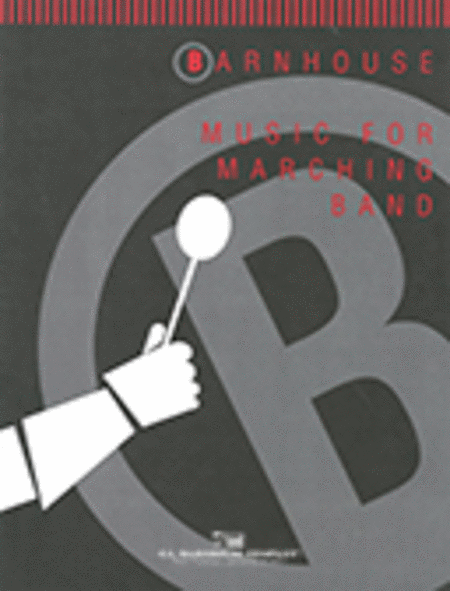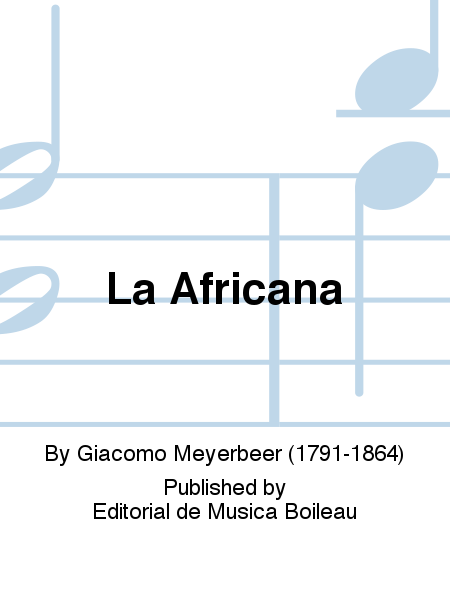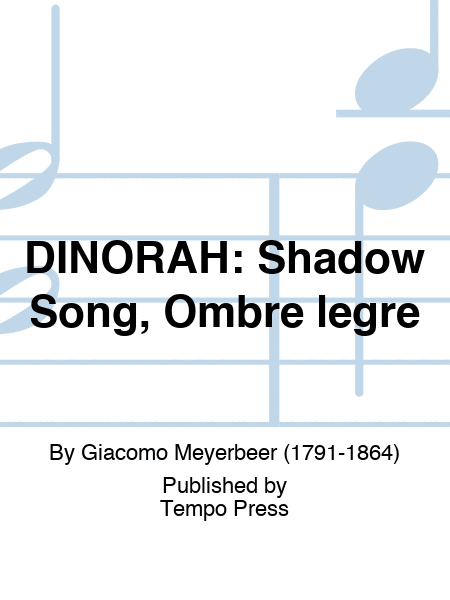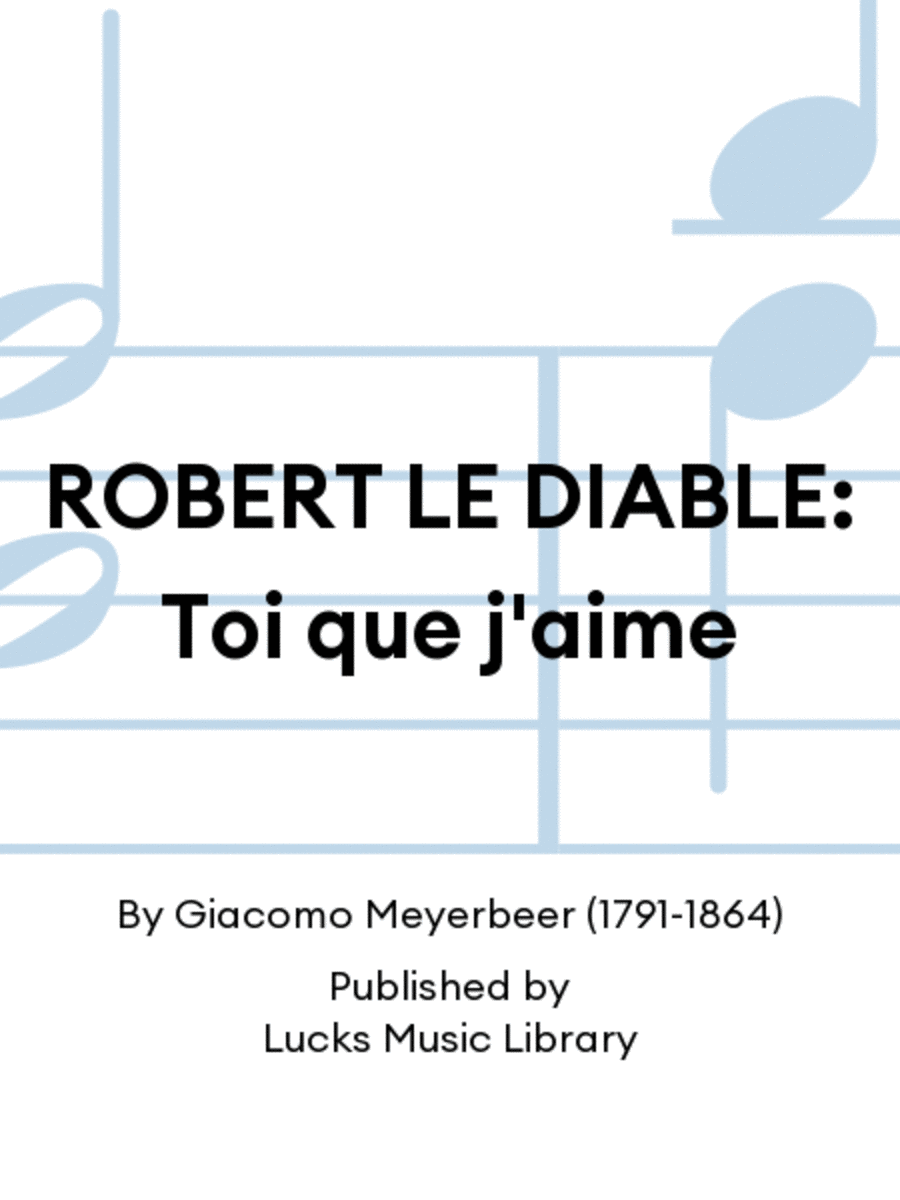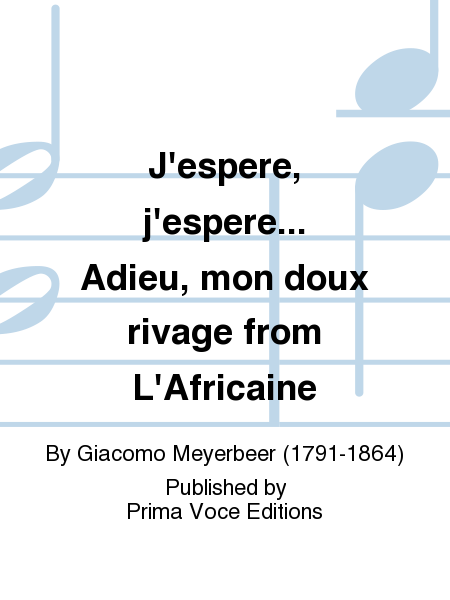Giacomo Meyerbeer (1791 - 1864)
 Allemagne
Allemagne
Giacomo Meyerbeer (September 5, 1791 ? May 2, 1864) was a noted German-born opera composer, and the first great exponent of Grand Opera. Meyerbeer was born to a Jewish family in Tasdorf, near Berlin, Germany with the name Jacob Liebmann Beer. His fat ... (Read all)
Source : Wikipedia
 Allemagne
AllemagneGiacomo Meyerbeer (September 5, 1791 ? May 2, 1864) was a noted German-born opera composer, and the first great exponent of Grand Opera. Meyerbeer was born to a Jewish family in Tasdorf, near Berlin, Germany with the name Jacob Liebmann Beer. His fat ... (Read all)
Source : Wikipedia
Free sheet music of Giacomo Meyerbeer
130 sheets found sorted by:
| <free scores 1 ....101 121 |
| <free scores 1 ....101 121 |
Search
| ||||||||||||||||||||||||||||||||||||||||
© 2000 - 2024
Home - New releases - Composers
Legal notice - Full version












